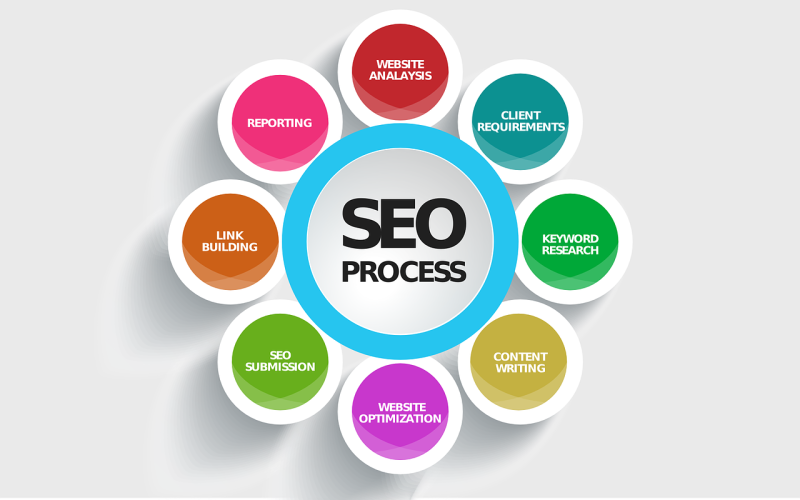When starting or growing a business, one of the most important decisions you’ll make is choosing the right loan. A business loan can provide capital to fund operations, purchase equipment, or expand into new markets. However, with so many options available, knowing what to look for when getting a business loan can take time and effort. This article will cover eight key factors that entrepreneurs should consider when applying for a small business loan.
Repayment terms:
The repayment terms of a loan are critical to understanding. Business owners must be aware of the loan interest rate and the schedule for repaying the loan. High-interest rates can quickly eat into a business’s profits, while an extended repayment schedule can strain cash flow. When evaluating loan options, compare interest rates and repayment schedules to find the best deal.

Credit score requirements:
Another essential factor to consider is the credit score required to qualify for the loan. Lenders use credit scores to determine the risk of lending to a business. The higher the credit score, the lesser the risk and the better the loan terms. If your credit score is not up to par, you can take steps to improve it. This includes paying off outstanding debts, ensuring that all bills are paid on time, and disputing any errors on your credit report.
Collateral:
Many lenders will require collateral to secure the loan. Collateral is a property that the lender can take if the borrower defaults on the loan. Common types of collateral include property, equipment, and inventory. When evaluating loan options, determine if the loan requires collateral and what types of collateral are accepted. You may need to look for alternative financing options if you cannot provide collateral.
Time to funding:
Once the loan is approved, the next step is to receive the funds. However, the time it takes to receive the funds can vary greatly depending on the lender. Some lenders can fund the loan within days, while others may take weeks or months. When evaluating loan options, determine how long it will take to receive the funds after the loan is approved.
Prepayment penalties:
Many business loans come with prepayment penalties. These penalties are charged when the loan is paid off early. Prepayment penalties can be expensive and should be considered when evaluating loan options. Be sure to find out if the loan you’re considering has a prepayment penalty and how much it will cost.
Personal guarantee:
Personal security is a promise by the business owner to repay the loan if the business cannot do so. Some lenders will require personal proof, while others will not. When evaluating loan options, determine if the loan requires private security and the implications.
Ongoing reporting requirements:
Once the loan is approved, the lender may require regular financial reports. These reports help the lender to monitor the business’s financial performance and ensure that the loan is being used as intended. When evaluating loan options, determine if the lender will require regular financial reports and what kind of reports will be required.
Relationship with the lender:
When getting a business loan, you must work with a lender that you can trust. This means finding a lender with a good reputation, excellent customer service, and a willingness to work with small businesses. When evaluating loan options, research the lender’s reputation and customer service, and consider how well the lender will work.
With your business’s specific needs and goals. Building a good relationship with your lender can make it easier to get future financing if necessary.
Conclusion
Getting a business loan is a crucial decision that requires careful consideration. By evaluating the repayment terms, credit score requirements, collateral, time to funding, prepayment penalties, personal guarantee, ongoing reporting requirements, and relationship with the lender, entrepreneurs can make an informed decision that will benefit their business in the long run. Remember to shop around, compare offers and take your time in making a decision that will set your business on the right path.












